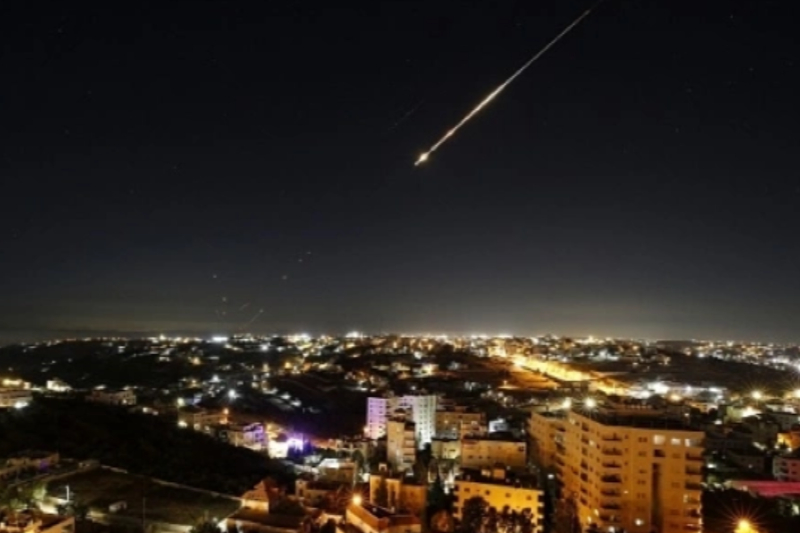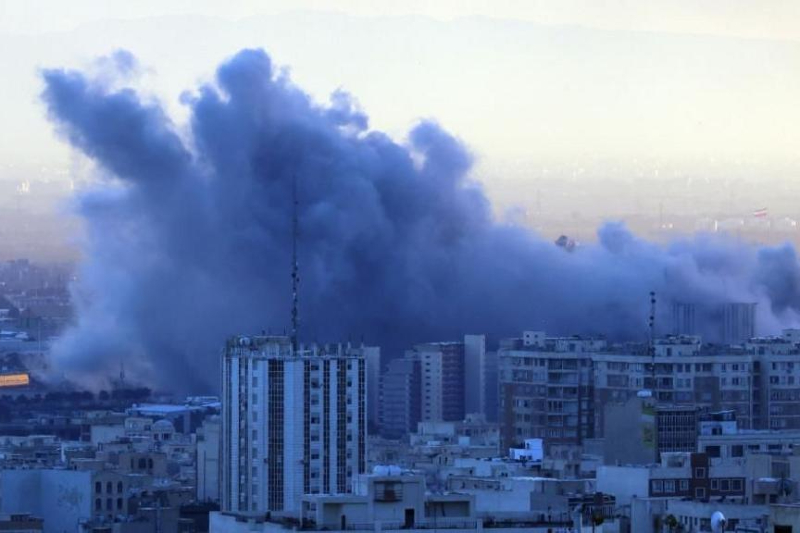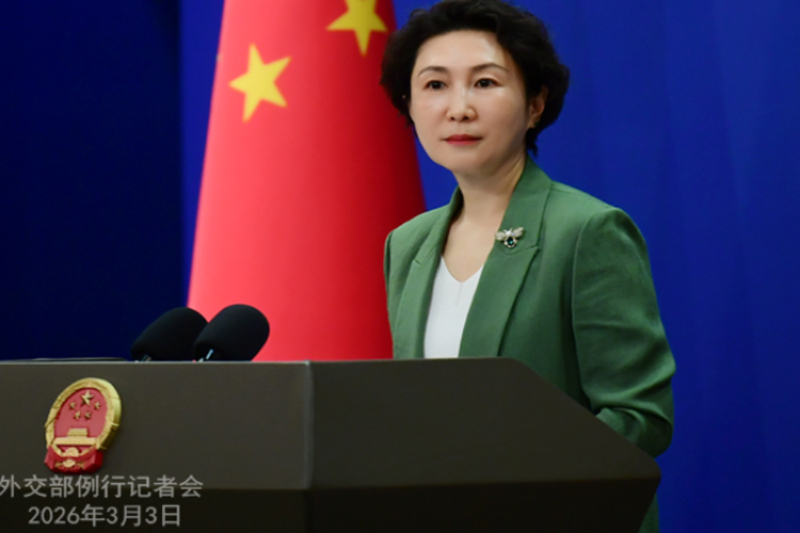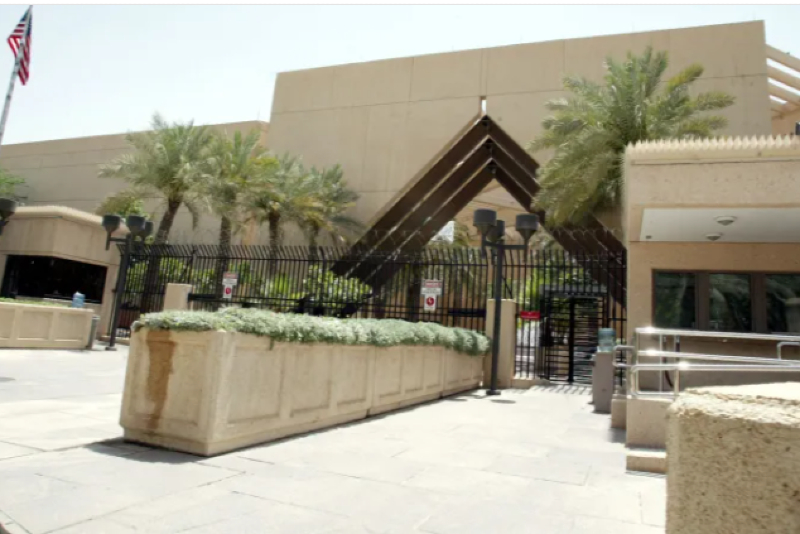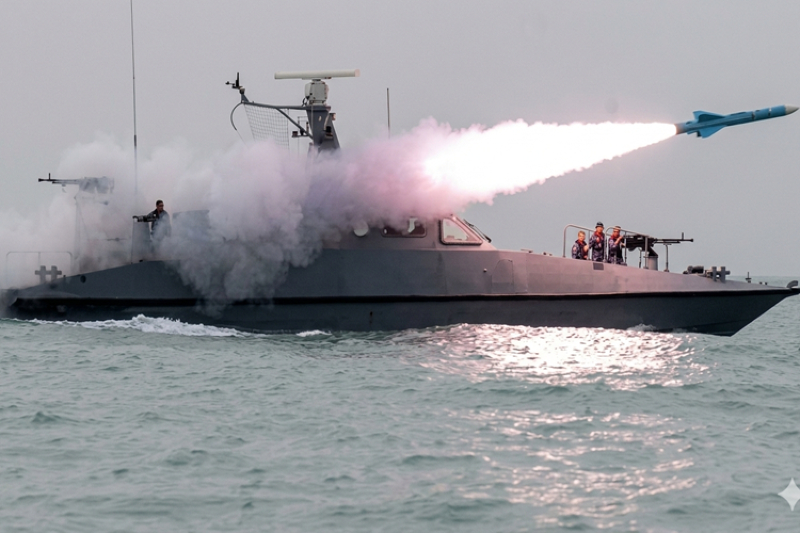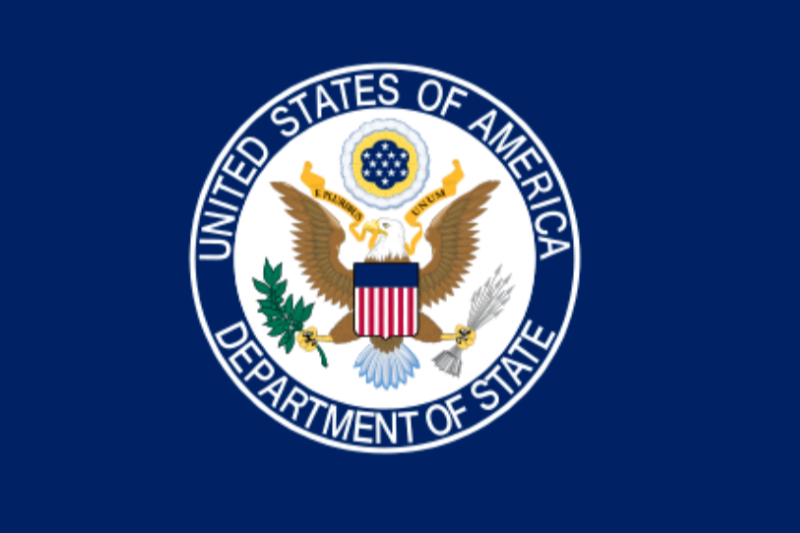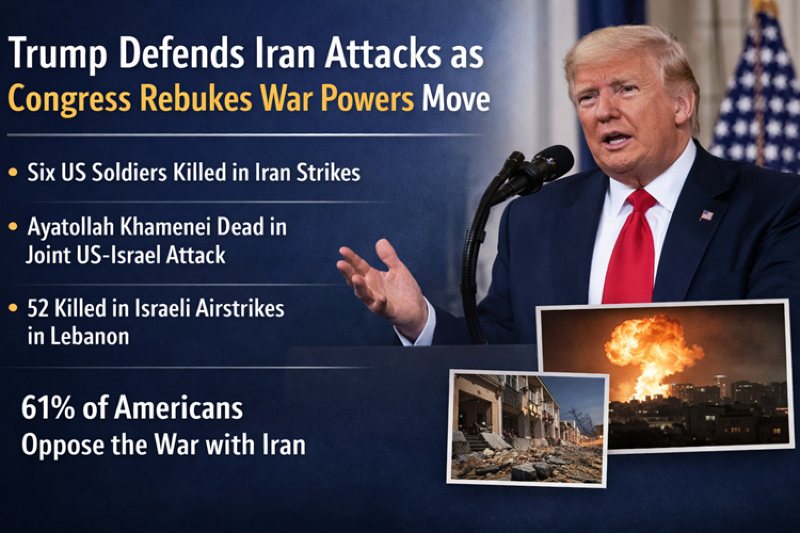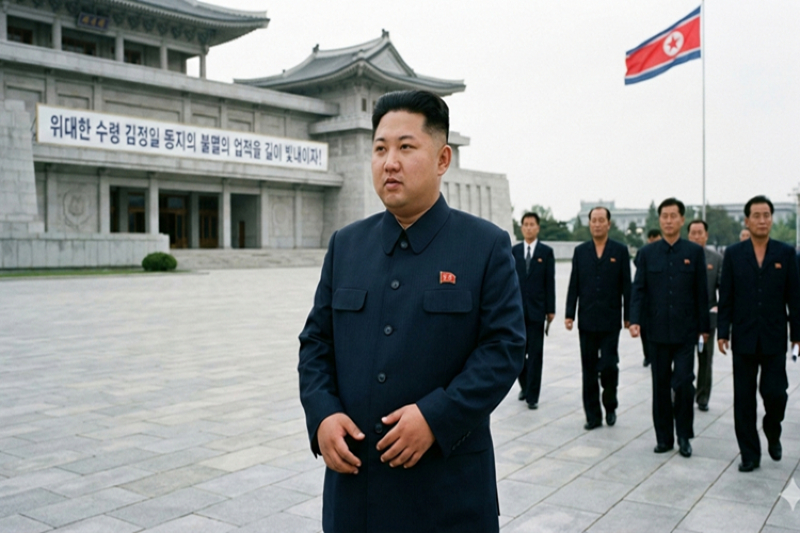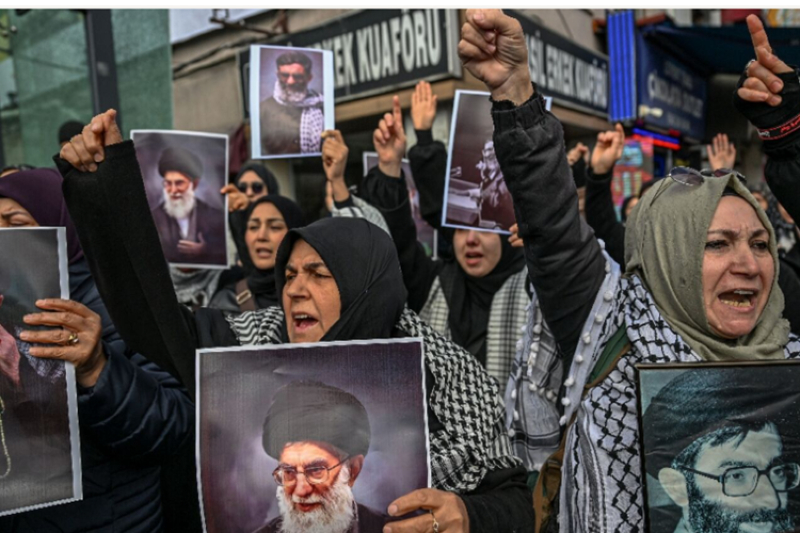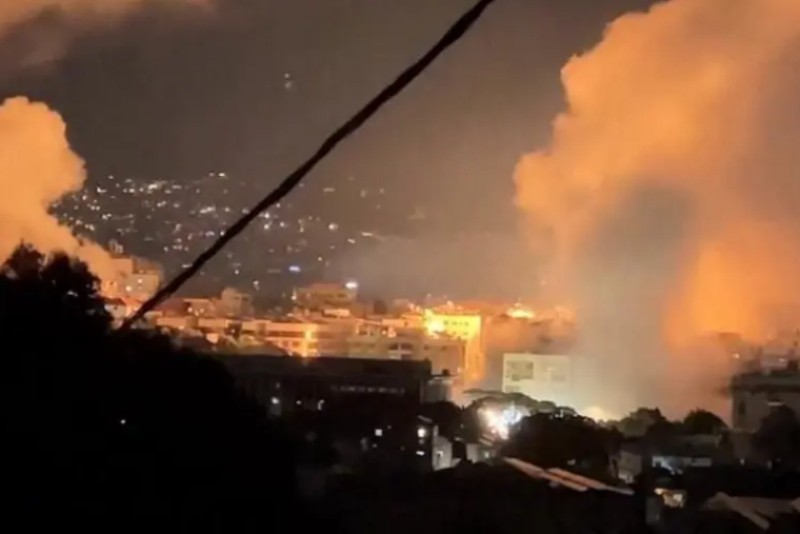BBC Apologises to Trump Over Panorama Edit, Rejects Compensation Demand
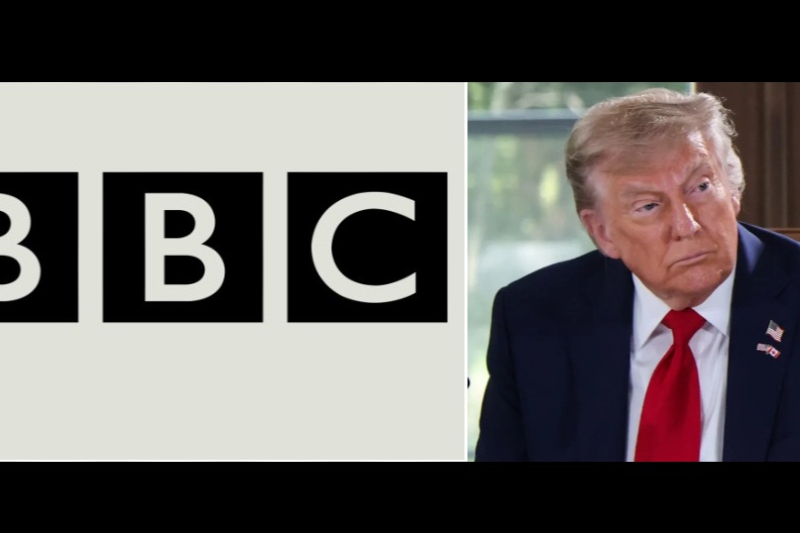
The BBC has issued an apology to US President Donald Trump for a Panorama episode that combined separate parts of his 6 January 2021 speech in a way that created a misleading impression. However, the broadcaster has rejected Trump’s demand for financial compensation.
According to the BBC, the edited sequence could have incorrectly suggested that Trump directly encouraged violence. The corporation has also confirmed that the 2024 episode will not be broadcast again.
Trump’s legal team had threatened a $1bn lawsuit unless the BBC retracted the documentary, apologised and compensated him.
The controversy has triggered major upheaval within the organisation, prompting the resignations of Director General Tim Davie and Head of News Deborah Turness. The White House has been asked for its response.
The BBC issued its public correction on Thursday evening, acknowledging that the editing approach may have unintentionally portrayed a stretch of Trump’s speech as a continuous segment.
The broadcaster said it has responded formally to Trump’s lawyers and that its chair, Samir Shah, has separately sent a personal letter to the White House expressing regret.
Despite the apology, the BBC maintains that there is no basis for a defamation claim, arguing that the documentary was not aired in the US, that Trump suffered no measurable damage, and that the editing was intended only to condense the long speech—not to mislead or harm his reputation.
The broadcaster also noted that the contested clip represented a very small part of a much broader programme containing multiple perspectives.
A second instance of problematic editing surfaced earlier in the day, when a 2022 Newsnight segment was revealed to have also rearranged parts of Trump's speech. The disclosure led to renewed criticism, with some pointing to a broader pattern of editorial misjudgment. The BBC announced it is reviewing the matter.
The UK government has declined to comment, while Liberal Democrats leader Sir Ed Davey urged the prime minister to intervene diplomatically in order to defend the BBC’s independence.
The issue intensified following the release of an internal memo—written by a former adviser to the BBC’s editorial standards committee—criticising the Panorama edit and raising concerns about other areas of the corporation’s journalism, including coverage of gender-related topics and the Israel-Gaza conflict.

